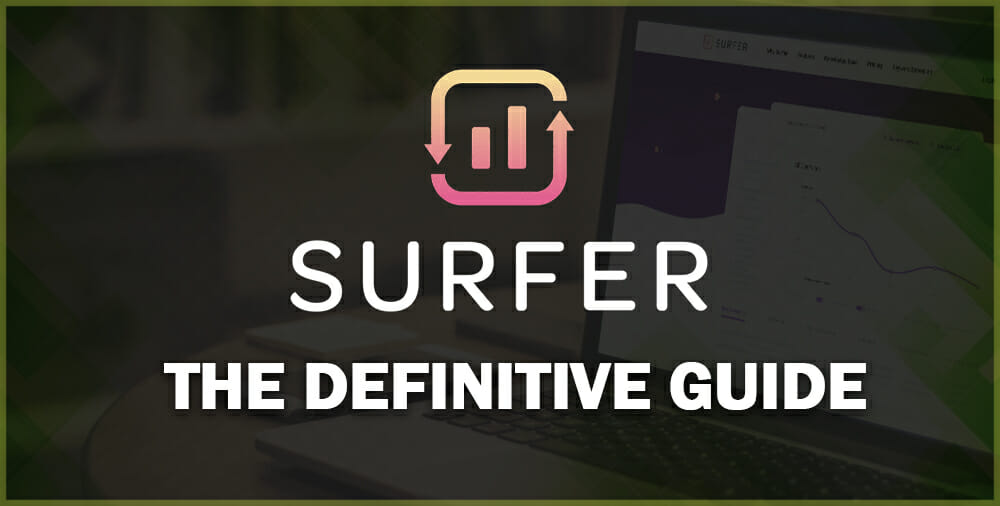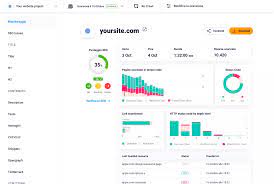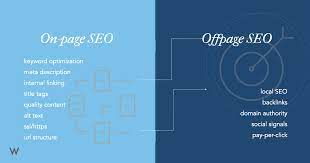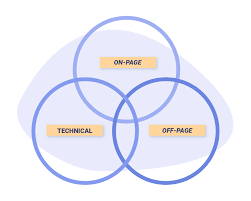Maximise Your Website’s Potential with RankMath SEO Integration
The Power of RankMath SEO: Elevate Your Website’s Visibility
In the competitive landscape of online marketing, having a strong search engine optimisation (SEO) strategy is crucial for the success of your website. One tool that has gained significant popularity among digital marketers and website owners is RankMath SEO.
RankMath SEO is a powerful WordPress plugin that offers a comprehensive set of features to help you improve your website’s search engine rankings and drive organic traffic. With its user-friendly interface and advanced functionalities, RankMath SEO empowers users to optimise their content effectively and enhance their online visibility.
Key Features of RankMath SEO:
- Advanced On-Page SEO: RankMath provides in-depth analysis and recommendations for improving on-page elements such as meta tags, headings, and keyword density.
- XML Sitemap Generator: Easily create XML sitemaps to help search engines crawl and index your website more efficiently.
- Rich Snippets Integration: Enhance your search results with rich snippets to make your listings more visually appealing and informative.
- 404 Monitor: Identify and fix broken links on your website to improve user experience and maintain search engine credibility.
- Keyword Ranking Tracking: Monitor your keyword rankings in search engines and track the performance of your targeted keywords over time.
With its intuitive setup wizard and detailed documentation, RankMath SEO makes it easy for users of all skill levels to implement effective SEO strategies on their websites. Whether you are a seasoned digital marketer or a beginner in the world of SEO, RankMath provides the tools you need to succeed in the ever-evolving digital landscape.
The Benefits of Using RankMath SEO:
By harnessing the power of RankMath SEO, you can:
- Increase your website’s visibility in search engine results pages (SERPs)
- Drive organic traffic to your site through improved search engine rankings
- Enhance user experience with optimised on-page elements and structured data
- Analyse key performance metrics to make data-driven decisions for your SEO strategy
- Maintain a competitive edge in your industry by staying ahead of algorithm changes
If you are looking to take your website’s SEO efforts to the next level, consider integrating RankMath SEO into your digital marketing toolkit. With its robust features and user-friendly interface, RankMath empowers you to maximise the potential of your website and achieve sustainable growth in organic traffic and online visibility.
Mastering Rank Math SEO: 8 Essential Tips for Optimising Your Website
- Optimise your titles and meta descriptions for each page or post.
- Use Rank Math’s built-in content analysis to improve your on-page SEO.
- Create an XML sitemap to help search engines index your site more efficiently.
- Utilise the 404 Monitor feature to fix broken links on your website.
- Take advantage of the Schema Markup feature to enhance how search engines display your content.
- Regularly update and refresh your content to keep it relevant and engaging for users.
- Monitor your website’s performance with Rank Math’s Google Analytics integration.
- Engage with other websites through backlinking strategies to boost your site’s authority.
Optimise your titles and meta descriptions for each page or post.
To maximise the impact of your SEO efforts using RankMath, it is essential to optimise the titles and meta descriptions for every page or post on your website. Crafting compelling and relevant titles that incorporate targeted keywords can significantly improve your visibility in search engine results. Similarly, creating concise and engaging meta descriptions not only entices users to click through to your site but also provides search engines with valuable information about your content. By paying attention to these key on-page elements, you can enhance the overall effectiveness of your SEO strategy and attract more organic traffic to your website.
Use Rank Math’s built-in content analysis to improve your on-page SEO.
Utilise Rank Math’s built-in content analysis feature to enhance your on-page SEO efforts. By leveraging this tool, you can receive valuable insights and recommendations to optimise your content effectively. From refining meta tags to improving keyword density, Rank Math’s content analysis empowers you to fine-tune your on-page elements for better search engine visibility and user engagement. Incorporating this feature into your SEO strategy can lead to improved rankings and increased organic traffic to your website.
Create an XML sitemap to help search engines index your site more efficiently.
Creating an XML sitemap is a valuable tip when utilising RankMath SEO. By generating an XML sitemap, you provide search engines with a roadmap to navigate and index your website’s content more efficiently. This structured format allows search engine crawlers to discover and understand the organisation of your site, leading to improved visibility and better indexing of your web pages. Implementing this strategy can significantly enhance your website’s search engine rankings and ensure that your valuable content is easily accessible to users searching for relevant information online.
Utilise the 404 Monitor feature to fix broken links on your website.
By utilising the 404 Monitor feature offered by RankMath SEO, website owners can effectively identify and rectify broken links present on their site. This proactive approach not only enhances user experience by ensuring seamless navigation but also contributes to maintaining the credibility of the website in the eyes of search engines. By promptly addressing broken links, website owners can improve site usability, prevent potential customer frustration, and ultimately boost their overall SEO performance.
Take advantage of the Schema Markup feature to enhance how search engines display your content.
By utilising the Schema Markup feature offered by RankMath SEO, you can significantly enhance the way search engines present your content in search results. Implementing schema markup allows you to provide search engines with additional context about your content, making it more visually appealing and informative to users. This feature not only improves the visibility of your website but also increases the likelihood of attracting relevant traffic to your site.
Regularly update and refresh your content to keep it relevant and engaging for users.
To maximise the effectiveness of your RankMath SEO strategy, it is essential to regularly update and refresh your content to ensure its relevance and engagement for users. By keeping your content current and engaging, you not only cater to the evolving needs of your audience but also signal to search engines that your website is active and valuable. This proactive approach can help improve your search engine rankings, drive organic traffic, and enhance user experience, ultimately leading to better results for your online presence.
Monitor your website’s performance with Rank Math’s Google Analytics integration.
By utilising Rank Math’s Google Analytics integration, you can effectively monitor your website’s performance in real-time. This feature allows you to gain valuable insights into visitor behaviour, traffic sources, and conversion rates, enabling you to make informed decisions to enhance your website’s overall effectiveness. With the seamless integration of Google Analytics within Rank Math, you can track key metrics and trends, ultimately optimising your SEO strategy for improved results and increased online visibility.
Engage with other websites through backlinking strategies to boost your site’s authority.
Engaging with other websites through strategic backlinking is a powerful tip to enhance your website’s authority using RankMath SEO. By acquiring high-quality backlinks from reputable sources, you can signal to search engines that your content is valuable and trustworthy. This not only improves your site’s credibility but also helps to increase its visibility in search engine results pages. Implementing effective backlinking strategies can significantly boost your website’s authority and contribute to long-term SEO success.









